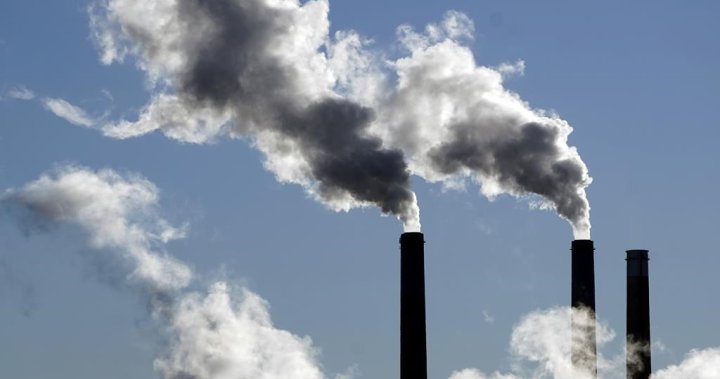
U.S.-China diplomatic tension casts doubt over global climate progress
Global News
Tackling climate change has been a key area of cooperation between the two superpowers and two biggest emitters of greenhouse gas emissions.
China‘s decision to halt bilateral talks on climate change with the United States has cast a cloud of doubt over whether the world can rally enough ambition to address global warming in time to avert its worst impacts.
Tackling climate change has been a key area of cooperation between the two superpowers and two biggest emitters of greenhouse gas emissions.
But China has suspended talks on the issue less than 100 days before the next landmark international climate summit, COP27, as part of its escalating retaliation over U.S. House of Representatives Speaker Nancy Pelosi’s visit to Taiwan.
“No country should withhold progress on existential transnational issues because of bilateral differences,” said John Kerry, the former U.S. Secretary of State, who is currently the Biden administration’s top climate diplomat.
“Suspending cooperation doesn’t punish the United States – it punishes the world, particularly the developing world,” he said.
Over the last few years, climate change has remained an open avenue for cooperation between the United States and China even as tensions have escalated on other issues like human rights, forced labor, Hong Kong and Taiwan sovereignty, and trade.
U.S. and Chinese officials had started to ramp up engagement on climate issues in the lead-up to the COP27 United Nations climate summit, which takes place in Egypt in November.
Pelosi’s brief visit this week to self-ruled Taiwan, which China claims as its own, infuriated Beijing and triggered Chinese military drills on an unprecedented scale in the seas and air around the island.











